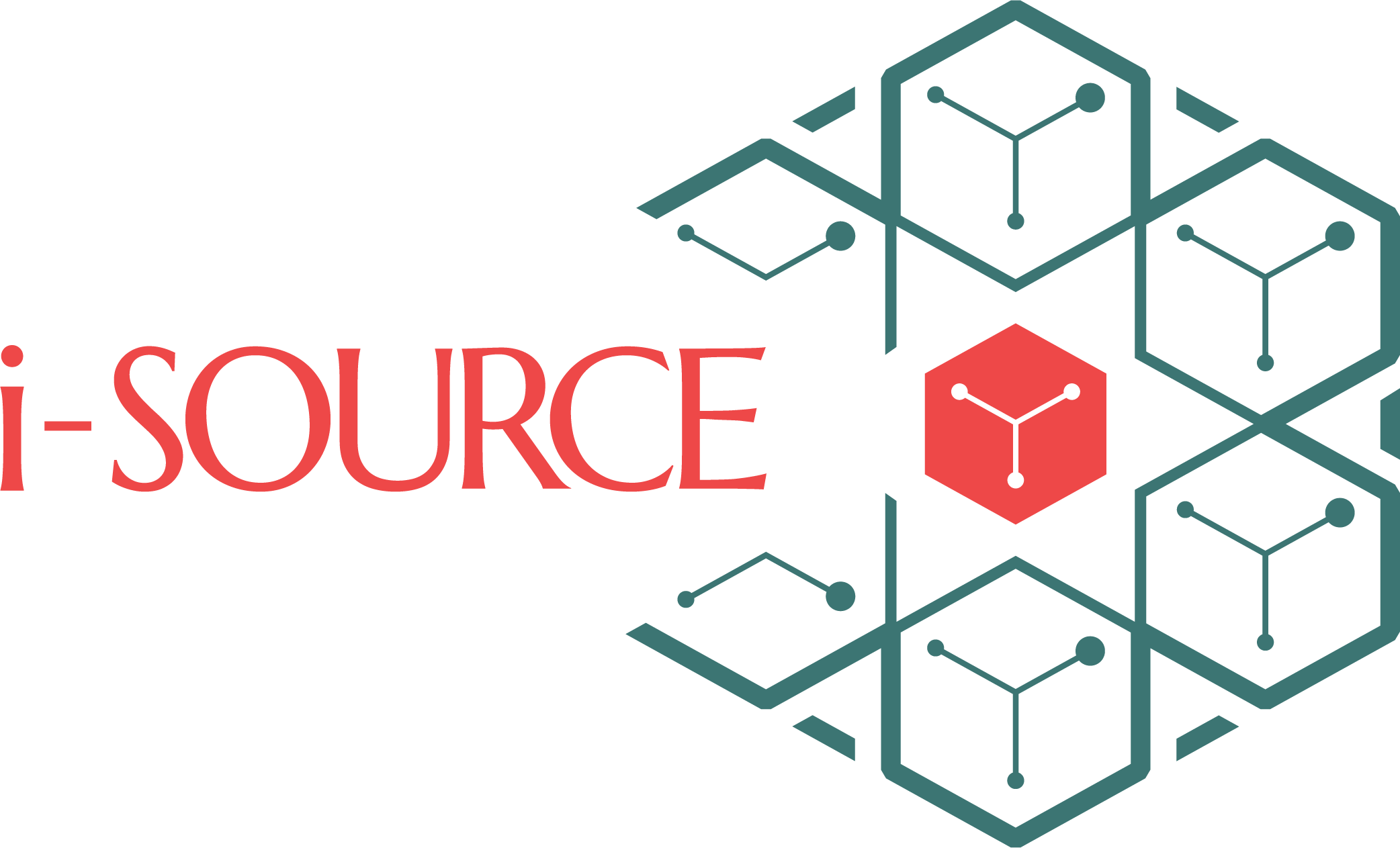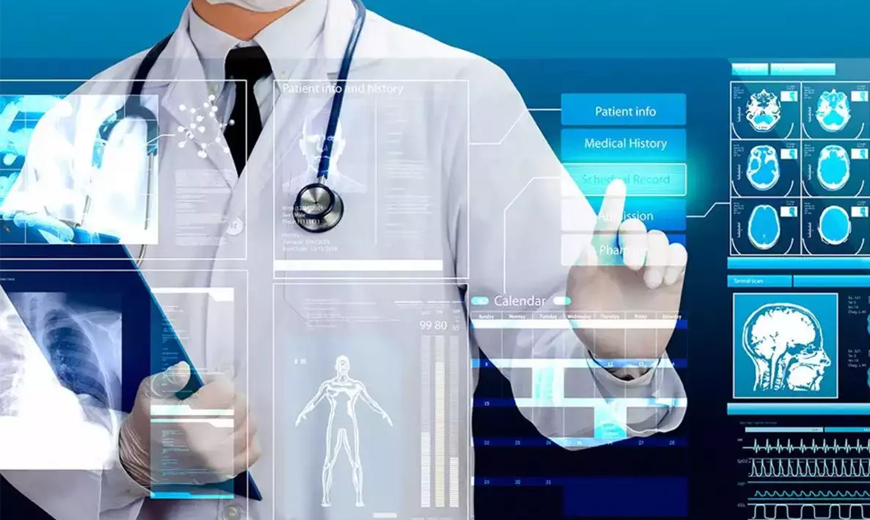The Growing Digital Adoption IN the Healthcare Sector
Technology is revolutionizing the healthcare sector by bringing doctors, patients, and other stakeholders closer and alleviating the long-standing challenges of accessibility and affordability. With telemedicine, digital patient records, and more, healthcare institutions today are better equipped to improve patient care.
Consider this: the digital health funding in 2021 amounted to $45 billion, which was double the amount from 2020. Indeed, the healthcare industry has been seeing some of the biggest technology-led transformations, and rightly so.
Factors Driving Digital Adoption in Healthcare
The need for affordable, reliable, and accessible patient care is ever-present in the healthcare sector. That said, here are some business and technology-related factors driving digital adoption in the industry.
Rising Healthcare Costs
Healthcare costs are rising globally, putting pressure on governments, businesses, and individuals. This is where digital technologies can prove viable, for they can reduce costs by streamlining administrative processes, reducing waste, and improving preventive care.
The Aging World Population
The population of people above 60 is expected to double by 2050. It’s technology that can help healthcare institutions to address the needs of the aging population in terms of speed, quality, and cost of care.
Evolving Expectations
People are increasingly expecting a more consumer-centric healthcare experience, where they have instant access to care and more control over their treatments. They’re becoming more attuned to health-related information, from blood test results to medications, and understandably so.
And businesses are responding to this change. For example, Bobby Sepucha of Cricket Health says that they “want to create an environment in which patients can immerse themselves in information about their disease state and have access to a dedicated care team.”
The Promise of AI
AI’s impact on healthcare has been substantial, with the global market set to reach $8 billion by 2026. From AI-powered diagnostic tools to generative AI-enabled personalized care plans, much of the digital adoption in the healthcare sector can be attributed to the AI prowess and the tangible value it can create for healthcare providers.
Use Cases of Digital Adoption in Healthcare
Now that we have gone through the driving factors, here are some prominent use cases transpiring from accelerated digital adoption in healthcare:
Telemedicine and Remote Care
The average number of digital health tools used by physicians increased from 2.2 in 2016 to 3.8 in 2022, with the largest growth in tools associated with remote care. Ever since the pandemic, remote care facilities from healthcare institutions have proliferated, and that bodes well for the sector overall.
Telemedicine and remote care allow patients to consult with healthcare providers remotely using video conferencing, phone calls, or other digital technologies. This can be especially beneficial for patients who live in rural or underserved areas or who have difficulty traveling to see a doctor in person.
Electronic Health Records (EHRs)
EHRs are digital versions of patient medical records. They allow healthcare providers to access and share patient information more easily and efficiently, leading to better care coordination and decision-making. How? Well, healthcare providers can more effectively diagnose patients while curbing any chances of medical errors. They also don’t need to accommodate a lot of paperwork.
Health IoT and Wearables
Health IoT devices and wearables are being used to collect and monitor patient data remotely. This data can be used to provide patients with personalized insights into their health and alert healthcare providers to potential problems early on. For example, a wearable device could be used to monitor a patient’s blood pressure or heart rate. Alerts regarding the same can be shared with the healthcare provider if there are any abnormalities.
Challenges in Implementing Digital Solutions in Healthcare
Ethical Issues
The integration of digital solutions in healthcare introduces a myriad of ethical challenges. These include concerns about patient consent, data ownership, and the responsible use of medical data. Healthcare providers must navigate these ethical considerations to ensure patient trust and uphold ethical standards.
Data Security and Privacy
Data Security and privacy breaches in healthcare are a major concern, with over 22.6 million patients affected in 2021. This is a significant increase from previous years, and it highlights the need for healthcare organizations to take data security and privacy seriously.
That said, it’s critical that healthcare providers invest in robust cybersecurity measures, including encryption, access controls, audit trails, etc., to safeguard patient information and comply with data protection regulations like HIPAA and GDPR.
Lack of Interdepartmental Connectivity
The lack of seamless connectivity between different healthcare departments and systems hampers efficient information exchange. The legacy systems in place are not built to communicate or exchange information, resulting in multiple information systems to manage the same data. This can be a big challenge for healthcare providers as they try to increase the effectiveness of patient care.
Manual Computations and Data Entry
The persistence of manual computations and data entry practices in healthcare is a source of inefficiency and potential errors. Transitioning to digital solutions can eliminate these challenges and reduce the likelihood of inaccuracies, delays, and data loss. But for that, there needs to be a concrete digitalization roadmap in place.
Application Support & Maintenance
It’s not only about introducing digital platforms and tech to the healthcare sector but also ensuring that they are supported and managed properly. It’s here that healthcare institutions need technology expertise to navigate the various technical and operational challenges.
At i-Source, our deep understanding of the healthcare sector and our expertise in developing, maintaining, and supporting enterprise applications allow us to deliver cutting-edge digital healthcare solutions for you. We can help healthcare institutions alleviate all the above challenges and enhance patient care experiences. Get in touch to learn more.

